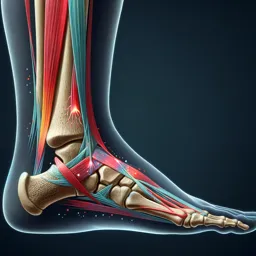Introduction
Physiotherapy is a continually evolving field, integrating scientific research and technology to create innovative approaches that advance patient recovery. While traditional techniques like manual therapy and exercise prescription remain foundational, new methods and tools are expanding the possibilities in rehabilitation and functional restoration.
Emerging Technologies in Physiotherapy
Technology integration has significantly improved patient outcomes. Virtual reality (VR) systems provide immersive rehabilitation for neurological and musculoskeletal disorders, offering tailored exercises, real-time feedback, and progress tracking. Robotics-assisted therapy supports repetitive movement training with precise control, especially beneficial for stroke or severe injury recovery.
Telehealth and Remote Physiotherapy
Telehealth platforms increase accessibility by enabling practitioners to deliver treatment plans, supervise exercises, and monitor progress remotely. Video consultations, online resources, and wearable motion trackers empower patients to engage actively in their recovery from home.
Personalized Therapy Approaches
Modern physiotherapy emphasizes individualized care. Data-driven assessments, such as gait analysis and muscle performance testing, help customize treatment programs. Targeted interventions enhance motivation, reduce recovery time, and improve patient satisfaction.
Holistic Rehabilitation
Physiotherapists now incorporate a holistic perspective, addressing physical, psychological, and lifestyle factors. Mindfulness techniques, patient education, and interdisciplinary collaboration with nutritionists, occupational therapists, and mental health professionals are key elements.
Conclusion
Physiotherapy has evolved beyond conventional practices by embracing innovative technologies and patient-centered philosophies. These modern approaches enable physiotherapists to help patients recover more fully, adapt to challenges, and enjoy a better quality of life.































